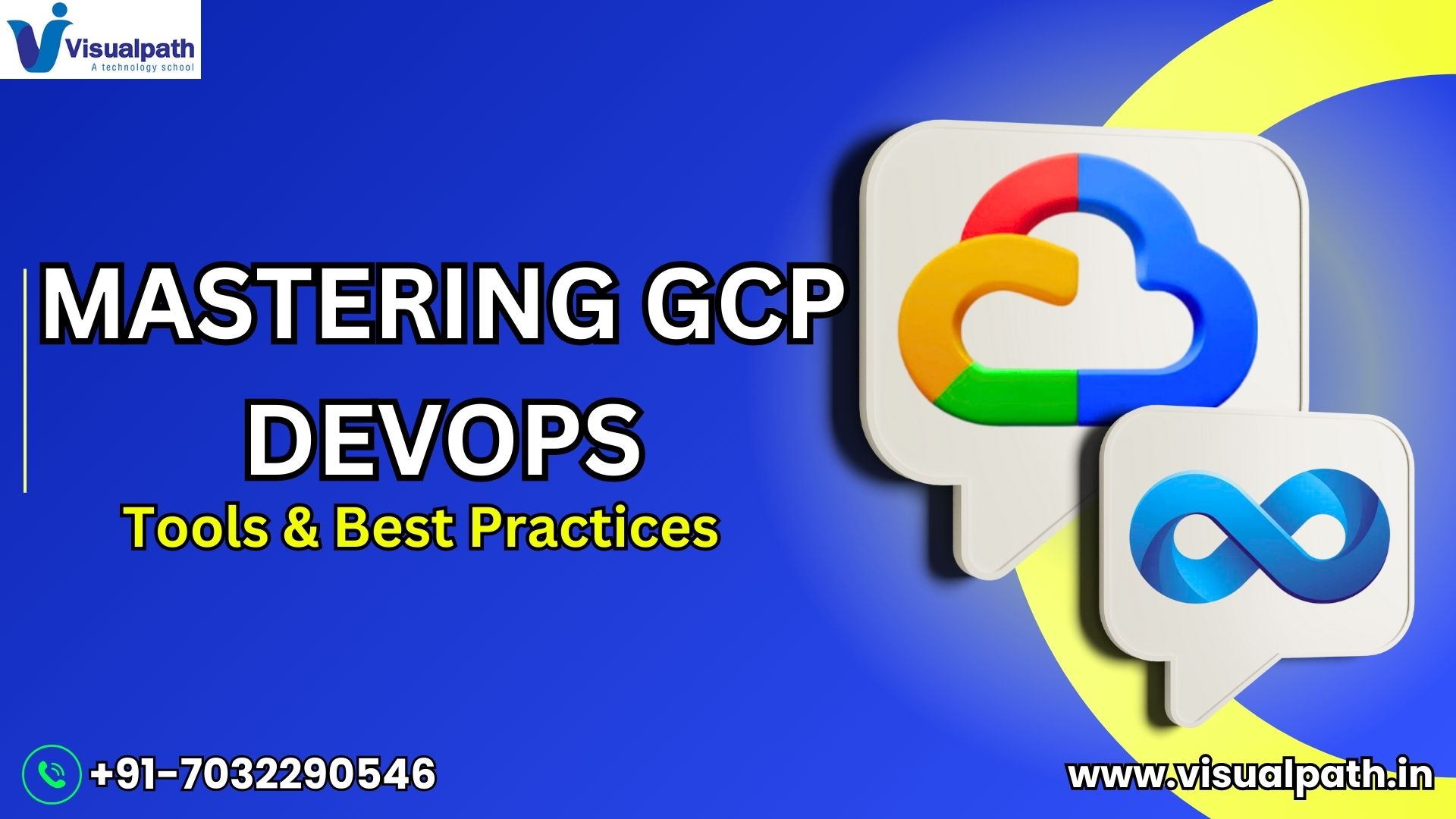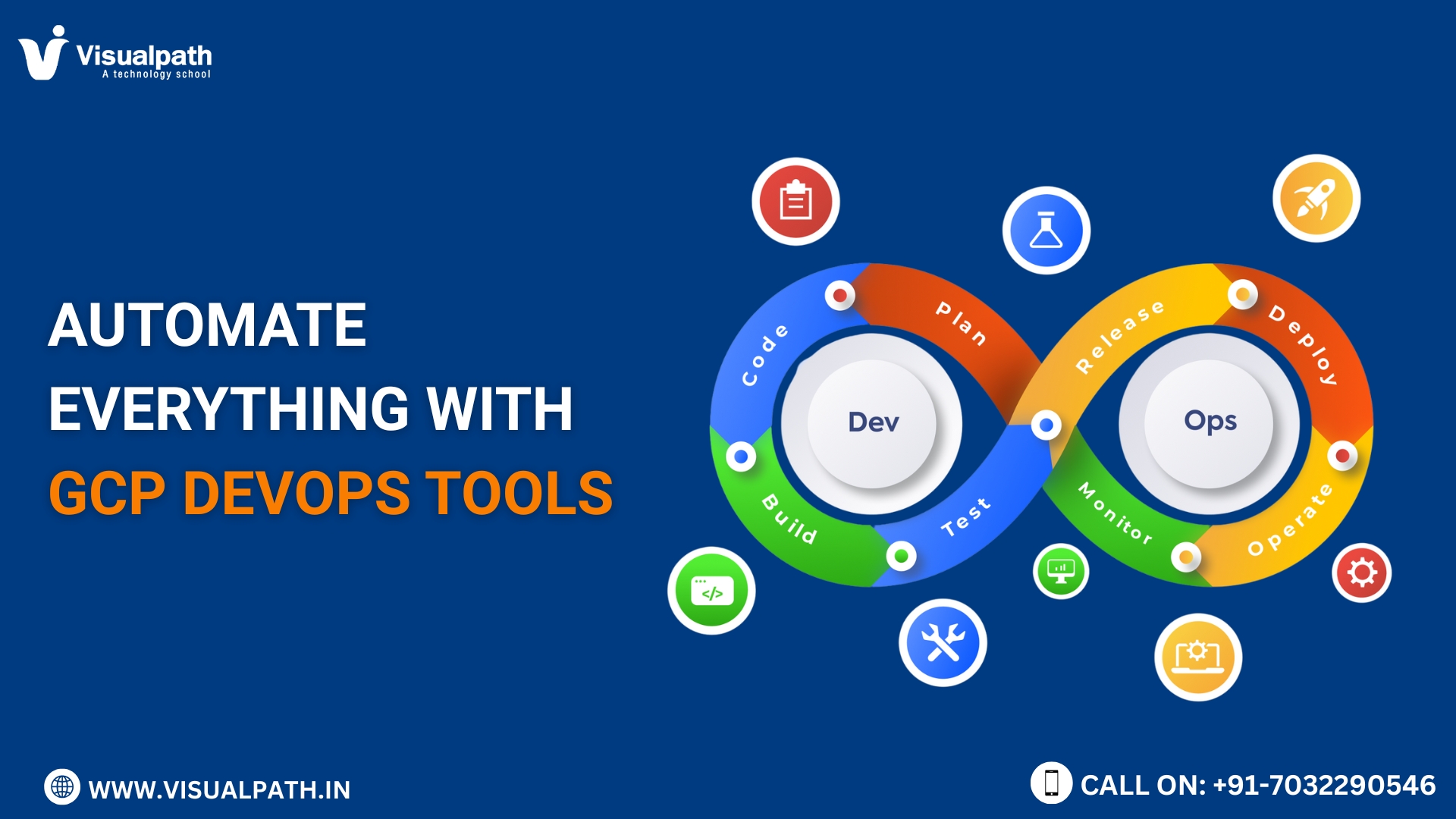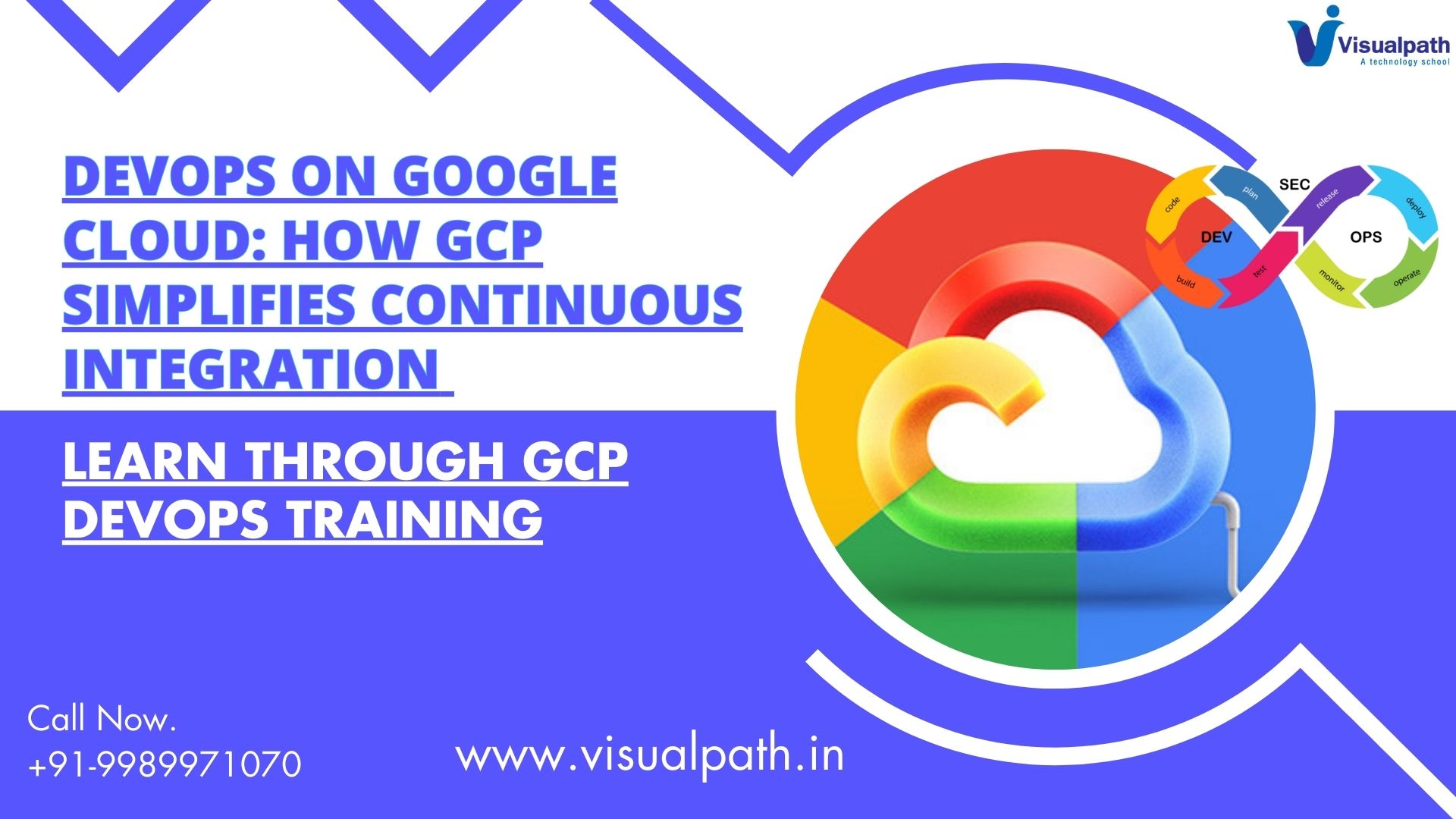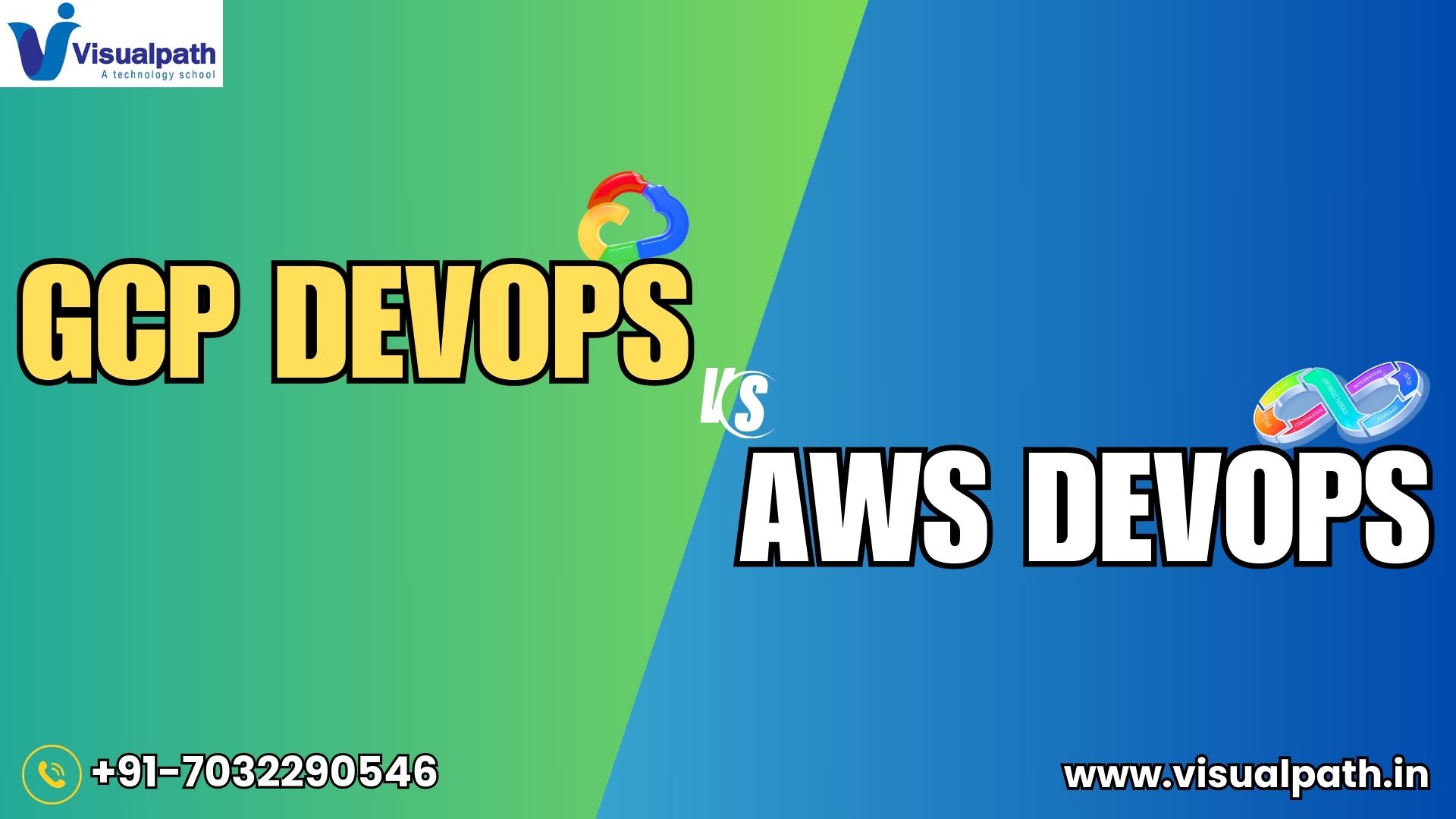Mastering GCP DevOps is essential for organizations seeking to streamline software development and deployment. Google Cloud Platform (GCP) offers a powerful suite of DevOps tools that enable automation, scalability, and security. Whether you’re an aspiring DevOps engineer or an experienced professional, gaining expertise in GCP DevOps Training can give you a competitive edge in the job market. This article explores key tools and best practices to help you become proficient in GCP DevOps.
Key Tools for GCP DevOps
Google Kubernetes Engine (GKE)
- Automates deployment, scaling, and management of containerized applications.
- Offers seamless integration with other GCP services.
Cloud Build
- A fully managed CI/CD platform for automating builds and deployments.
- Supports multiple languages and environments.
Terraform on GCP
- Enables Infrastructure as Code (IaC) to automate cloud resources.
- Enhances repeatability and reduces manual configuration errors.
Stackdriver (Now Cloud Operations Suite)
- Gives apps running on GCP access to monitoring, logging, and diagnostics.
- Helps in tracking performance and identifying system issues.
Best Practices for GCP DevOps
Adopt Infrastructure as Code (IaC)
Implement tools like Terraform or Google Cloud Deployment Manager to automate infrastructure provisioning and management.
Implement CI/CD Pipelines
Leverage Cloud Build and GKE to automate the software release process, reducing time-to-market and improving efficiency.
Focus on Security and Compliance
Use GCP security tools like IAM (Identity & Access Management) and Cloud Security Command Center to safeguard applications and infrastructure.
Optimize Costs with Auto-Scaling
Configure auto-scaling policies to dynamically allocate resources based on real-time demand, ensuring cost efficiency.
Why Get a GCP DevOps Certification?
Pursuing a GCP DevOps Certification Training validates your expertise in cloud automation, container orchestration, and CI/CD. The certification can help you:
- Gain hands-on experience with industry-relevant projects.
- Enhance your job prospects in cloud engineering roles.
- Keep abreast with the most recent trends and best practices in DevOps.
Conclusion
Mastering GCP DevOps requires a strong understanding of key tools like GKE, Cloud Build, and Terraform, combined with best practices such as CI/CD automation and security compliance. Whether you are starting your journey or looking to upskill, enrolling in GCP DevOps Training can accelerate your career and help you achieve excellence in cloud development and operations.
Trending Courses: MLOps, DevOps, and Azure DevOps




